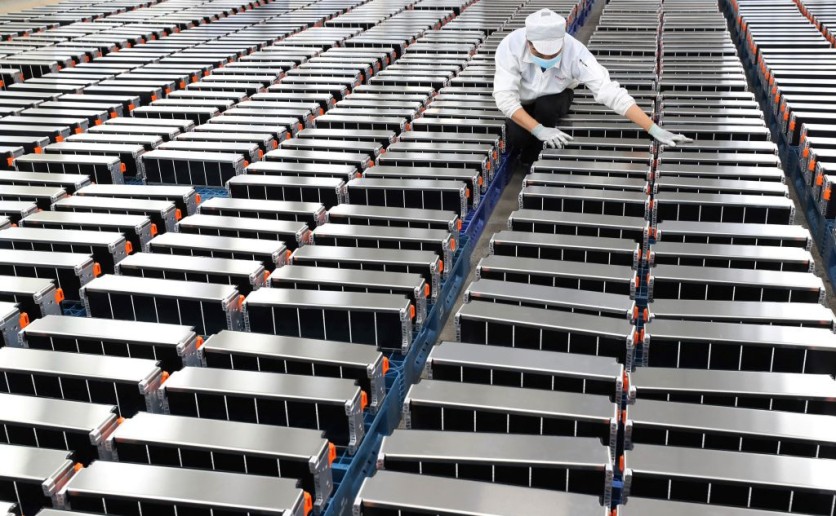Research efforts are underway in the United States to explore the utilization of mining byproducts in manufacturing EV batteries.
Specifically, the team is investigating the feasibility of creating lithium iron phosphate battery cathodes derived from iron sulfides.

Using Mining Waste in EV Battery Production
The United States is exploring methods to repurpose mining byproducts for electric vehicle battery manufacturing. Specifically, researchers are investigating the potential of utilizing iron sulfides to create cathodes for lithium iron phosphate batteries.
Researchers have pioneered an innovative approach that promises to substantially increase the production yield of nickel ore for EV batteries.
This initiative marks the inception of a fresh partnership between the Department of Energy's (DOE) Argonne National Laboratory and Talon Metals, an American mining company committed to sourcing high-grade nickel ore domestically.
Argonne's strategy leverages mining residues to fuel an additional manufacturing stage to produce batteries crucial for the growing number of electric vehicles.
The team underscores the International Energy Agency's projection, indicating a tenfold expansion in battery material supply chains to meet governmental EV objectives.
The project aims to facilitate this endeavor by reducing mining waste and America's reliance on foreign nations for battery materials.
According to Jeff Spangenberger, leader of Argonne's materials recycling research and development group, the collaboration aims to optimize the utilization of critical materials within domestic battery supply chains.
This strategy is intended to diminish the United States' dependence on other countries to attain its clean energy objectives.
Interesting Engineering reported that Talon Metals is set to extract and process high-grade nickel ores in the American Midwest to create a local nickel supply chain for lithium-ion battery production in North America.
In addition to nickel, Talon's mining operations yield valuable byproduct minerals, including iron compounds. Instead of discarding these byproducts, which can happen during mineral processing, the company plans to enhance its recovery process for more efficient utilization.
Exploring New Horizons in Battery Production Optimization
Following developing and optimizing an LFP synthesis process, researchers at Argonne's Materials Engineering Research Facility (MERF) will evaluate the cathodes' performance in coin battery cells.
To enhance cathode manufacturing, Talon's processing experts will collaborate with MERF scientists to refine the purity and composition of the iron compounds. The ultimate objective is to manufacture cathodes meeting commercial quality standards.
The research underway has the potential to overhaul domestic battery supply chains and address current shortages in domestic LFP cathode production.
Argonne's initiatives can transform this scenario by providing US battery manufacturers and recyclers with cutting-edge LFP synthesis technology.
Talon suggests that such a streamlined process could enhance profitability in US nickel mining and processing, incentivize more companies to engage in domestic nickel production and assist domestic mining firms in waste reduction efforts.
By employing innovative techniques, the team envisions a substantial increase in battery production yield per ton of rock compared to conventional methods.
Related Article : Biden's EV Subsidy, Hard to Obtain Due to China EV Battery Dominance Says South Korea

ⓒ 2026 TECHTIMES.com All rights reserved. Do not reproduce without permission.




